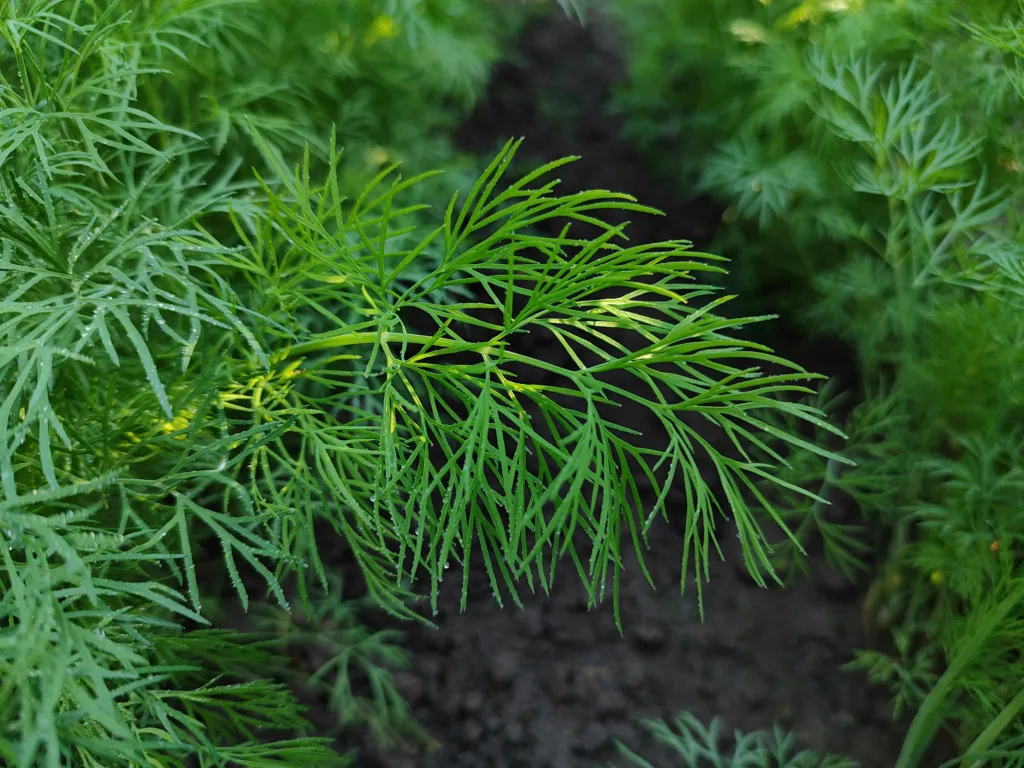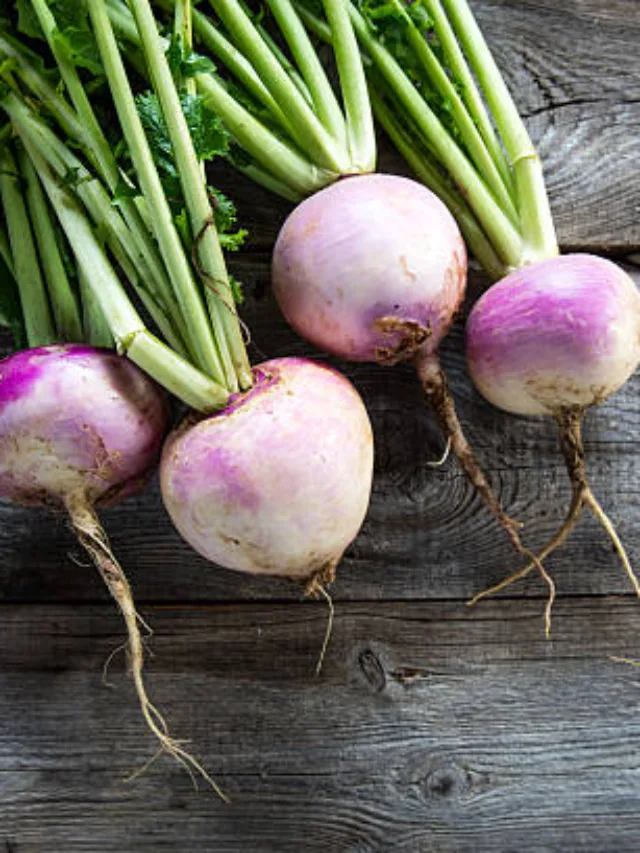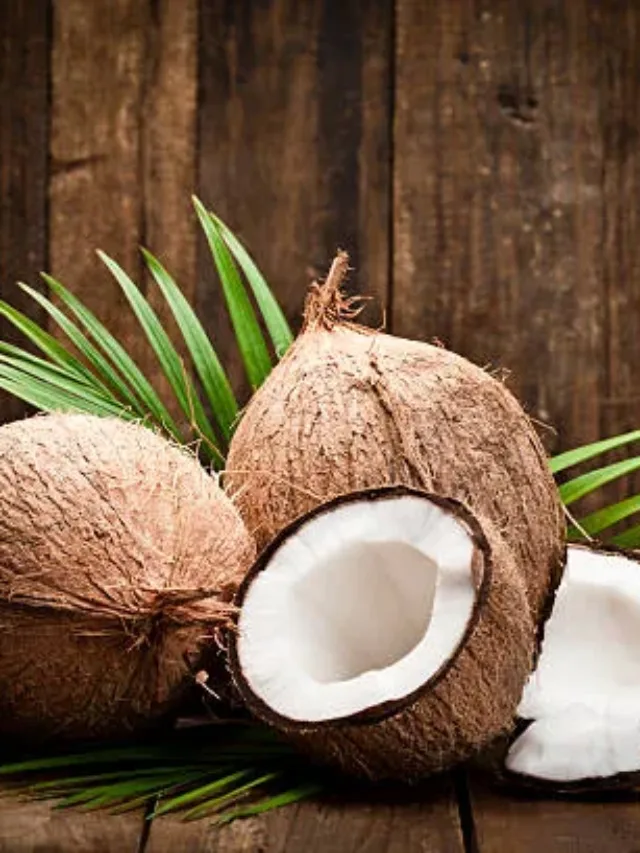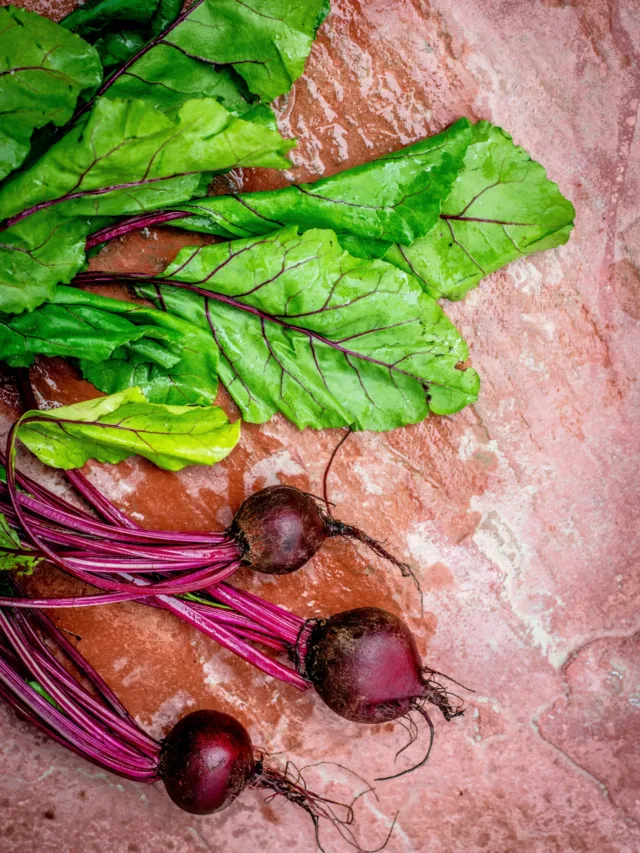Dill leaves, also known as “suva” or “dill weed,” are a popular herb used in various cuisines around the world. Renowned for their feathery green appearance and unique flavor, dill leaves are not only a culinary delight but also packed with numerous health benefits. In this blog, we will explore the nutritional profile, health advantages, and various ways to incorporate dill leaves into your diet.

Nutritional Value of Dill Leaves Dill leaves are a rich source of essential nutrients and compounds that contribute to their health-boosting properties. Key nutrients found in dill leaves include:
- Vitamins: Dill leaves are rich in vitamins A, C, and several B vitamins including folate.
- Minerals: They contain important minerals such as calcium, iron, magnesium, and manganese.
- Antioxidants: Dill leaves are loaded with antioxidants like flavonoids and polyphenols, which help protect the body from oxidative stress.
Health Benefits of Dill Leaves Dill leaves offer numerous health benefits, making them a valuable addition to a healthy diet. Some of the most notable benefits include:
- Digestive Health: Dill leaves can help improve digestion, reduce bloating, and alleviate indigestion. They also act as a natural carminative, helping to relieve gas.
- Anti-inflammatory Properties: The antioxidants in dill leaves possess strong anti-inflammatory properties, which can help reduce inflammation and relieve pain.
- Bone Health: The calcium content in dill leaves supports bone health and helps prevent osteoporosis.
- Immune Support: Dill leaves are rich in vitamin C and other antioxidants that boost the immune system and protect against infections.
- Menstrual Health: Dill leaves are known to help alleviate menstrual cramps and regulate menstrual cycles due to their antispasmodic properties.
Ways to Incorporate Dill Leaves into Your Diet Dill weed can be used in various forms, including fresh, dried, or as a seasoning. Here are some delicious ways to incorporate dill leaves into your diet:
- Salads: Add fresh dill leaves to salads for a burst of flavor and nutrients.
- Soups and Stews: Use dill leaves to enhance the flavor of soups, stews, and broths.
- Marinades and Dressings: Incorporate dill leaves into marinades, dressings, and dips for a unique taste.
- Cooking: Add dill leaves to cooked dishes like fish, potatoes, and vegetables to elevate their flavor.
- Herbal Tea: Steep fresh or dried dill leaves in hot water to make a soothing and aromatic herbal tea.
- How to Achieve Full-Body Fitness with 5 Health Components?
- How to Reduce Food Waste: Practical Tips for a Sustainable Kitchen
- Air-Fryer Taquitos with Cauliflower and Black Beans: A Healthy, Crispy Delight
- Quick and Healthy Tacos: A Delicious Meal Under 300 Calories
- 200g Meal Portions for a Healthy and Sustainable Diet




